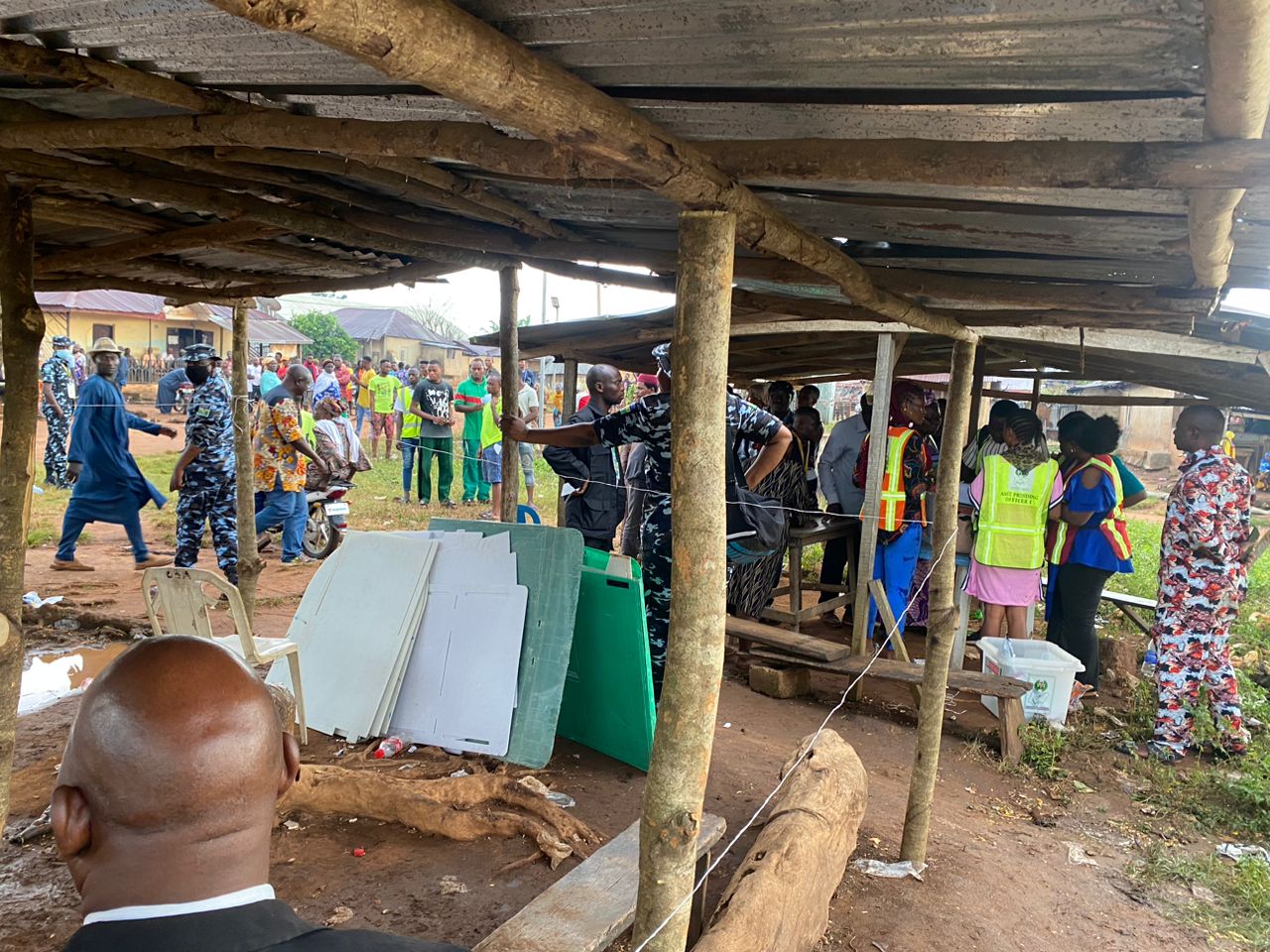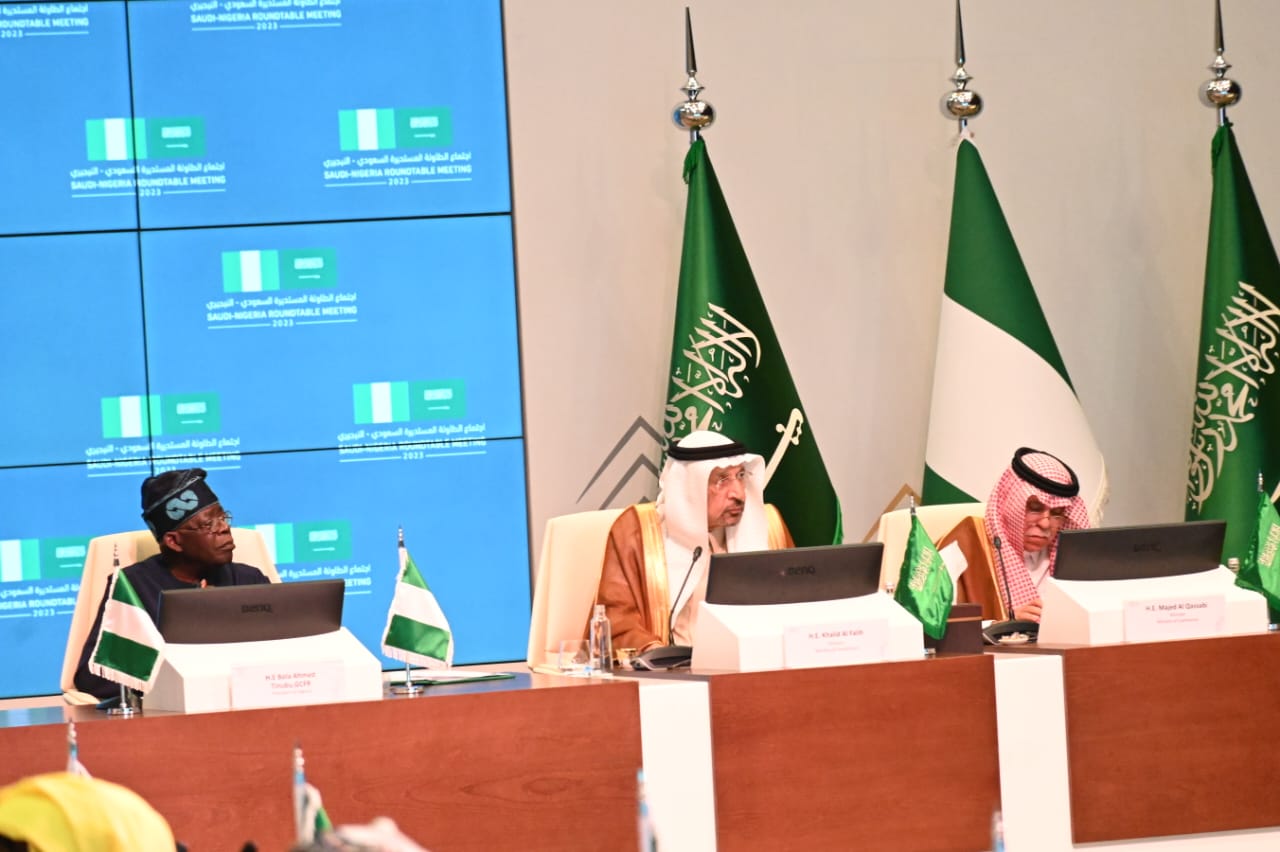There is an increasing consensus that the American form of liberal democracy that we currently practice in the country does not quite work for us. As far back as 2011, then President Goodluck Jonathan proposed a single tenure of six years for president and governors in the country, beginning from 2015. Suspicions over his motive meant that the proposal was shot down without any rigorous interrogation of its merits and demerits. In September 2023, amid fears of the resurgence of military coups in Africa, former President Olusegun Obasanjo opined that the current brand of liberal democracy will not work in Africa and that “we have to put our heads together” to fashion out what will best work for our environment. Kayode Fayemi, former Governor of Ekiti State and former Chairman of Nigerian Governors Forum echoed the same sentiment on September 5 while delivering a key note address at a national dialogue organised to celebrate the 60th birthday of Prof Udenta Udenta, founding national secretary of Alliance for Democracy (AD).
While speaking at the event, the ex-governor criticized the “winner-takes-all” nature of Nigerian democracy and called for the adoption of proportional representation, where election rewards are distributed among contestants based on their share of the vote. Former Vice President Atiku Abubakar, in a world press conference in October 2023 after the Supreme Court affirmed Tinubu as President, proposed a 6–year single tenure – earlier suggested by Goodluck Jonathan. Peter Obi, Presidential candidate of the Labour party in the 2023 presidential election suggested that the country should adopt a rotational presidency of five years for each geopolitical zone or in the alternative a hybrid form of parliamentary and presidential system of government, but one in which the President or Prime Minister should be responsible to parliament and would defend his/herpolicies in parliament as is the practice in the United Kingdom.
What is clear from these suggestions is not just an increasing frustration with our elections but with our entire system of governance. With INEC once more living up to its infamy in the recent off-cycle elections in Kogi, Bayelsa and Imo States –promising much and under-delivering – frustrations with our elections and governance system have reached sky-high.
Let me briefly interrogate some of the current proposals on the way forward:
One, I believe that any proposal on the way forward mustintentionally seek to find answers to some critical questions. These must include: How can we make our elections less expensive and anarchic? How can we ensure that elections do not deepen the distrust and widen the social distance among the different constituents of the country? How can we make the elections truly reflect the will of the electorate? How do we ensure that elections do not lead to majority tyranny or the despotism of the minority? How do we routinize elections such that we do not need to impose curfews or restrict movements whenever elections are conducted? How do we ensure that elections are not mere rituals but credible mechanisms for leadership selection? How do we ensure that those in power do not abuse their offices including using state power to privilege their in-groups while disadvantaging the others? How can we have an electoral empire that is truly independent, unbiased and impartial and seen by all to be so? How do we ensure effective checks and balances among the three arms of government? How can we effectively use our democracy to advance the nation-building process and promote economic development?
Advertisement
Two, the proposal for a single term of six-years is premised on the assumptions that costs will be saved from organizing elections every six years rather than the current practice of twoelections every eight years. It also assumes that because the incumbent will not have to worry about re-election, he or she will focus on the job at hand and take necessary risks that will benefit the people. This option however does not take into account the possibility that an unscrupulous leader can, after the six-year period, connive with the National Assembly for yet another amendment that will elongate his/her tenure. Similarly,the idea that a single term tenure will enable the incumbent to focus on governance without having to worry about re-election does not seem to reflect our current experience where incumbents (presidents or governors) have shown acute interest in who succeeds them and have often spent as much resources in ensuring that their handpicked successors get ‘elected’ as much as they would have done if they were themselves running for another term.
Three, Dr Fayemi’s proposal for a proportional representation – away from the current practice of winner takes all – could solve some of the problems of our elections but will also create other problems of their own. For instance it could lead to the emergence of parochial political parties which will tap into local sentiments to win some seats in the legislature where they will pursue their own agenda such as separatism. Besides, in multi ethnic constituencies which have for example only 2-3representations on the basis of their population, proportional representation could aggravate local acrimonies as more populated ethnic groups may enthrone majority tyranny. Additionally, proportional representation will be inadequate to solve other problems of our elections such as its commodification and capture by political godfathers, the issue of a deeply distrusted electoral umpire and the use of statepower to privilege the leaders’ in-groups and disadvantage the others.
Four, calls for a reversion to the Parliamentary (or Westminster) model of democracy which we started with at independence has been as old as the practice of the current American-style presidential system of government. A parliamentary form of government is a system where the executive power is vested in the elected parliament or legislature and Ministers, including the Prime Minister are first of all members of the Parliament (in the UK, they are usually from the lower chamber or House of Commons). A presidential form of government on the other hand is a system where executive power is vested in a separatelyelected president, who serves as the head of state and head of government. In a presidential system, there is a separation of powers between the executive and legislative branches, with each branch having distinct responsibilities and authorities.
Advertisement
Though in theory a Parliamentary system will be less expensivethan a Presidential system of governance, it will create its own problems. For instance, in a parliamentary system of government, a simple vote of no confidence leads to the government of the day collapsing. Given the Nigerian environment and the way many speakers of Houses of Assembly have been impeached on a whim, one can surmise that a parliamentary system of government will be quite unstable and will be susceptible to capture by actors like the Prime Minister (using the power of the purse and executive incumbency), political god fathers and powerful traditional rulers and religious leaders. Similarly, since there is usually no term limit in a parliamentary system of government, and the Prime Minister can call for elections at any time, it is possible to compromise other members of the legislature and ensure the perpetuation of the rule of a strong man. I also do not believe that in our type of environment having the Prime Minister or President defend his/her policies in the parliament will necessarily make the government more responsible. On the contrary, it may turn members of the parliament into rubber stamps because many will be afraid of frontally opposing the Prime Minister with all the possible dire consequences.
Five, fixing our democracy requires both fixing the rules governing the operations of the democratic process such as elections and fixing the conduct of the human agents that operate the democracy. It is akin to the structure versus agency debate. I will propose another Constitutional Conference to fashion a hybrid form of presidential and parliamentary systems of government that will be most suitable for our environment. I will also recommend an integration of a rotational collegial presidency made up of 6 people, (one from each of the six geopolitical zones) into any form of governance system that is recommended. The six members of the Presidential Council willtake turns of two years each to be President of the Council while the others will be Vice Presidents with constitutionally designated powers. The tenure of the Council will be a single term of twelve years – a period long enough to give everyone a break from elections and their tendency to divide Nigerians along certain fault lines. With respect to the electoral umpire, given how religious the country is and how much we respect some of our religious leaders, I would also propose a co-optationof some well-respected religious leaders, from across the main religions, to be part of the leadership of INEC as well as the election petition tribunals.
____________
Adibe is Professor of Political Science and International Relations at Nasarawa State
Advertisement
University, Keffi and Extraordinary Professor of Government Studies at North Western
University, Mafikeng South Africa. He is also the founder of Adonis & Abbey Publishers (www.adonis-abbey.com) and publisher of the online newspaper, The News Chronicle (www.thenews-chronicle.com). He can be reached on 0705 807 8841(Text or WhatsApp only).
Views expressed by contributors are strictly personal and not of TheCable.
Add a comment







